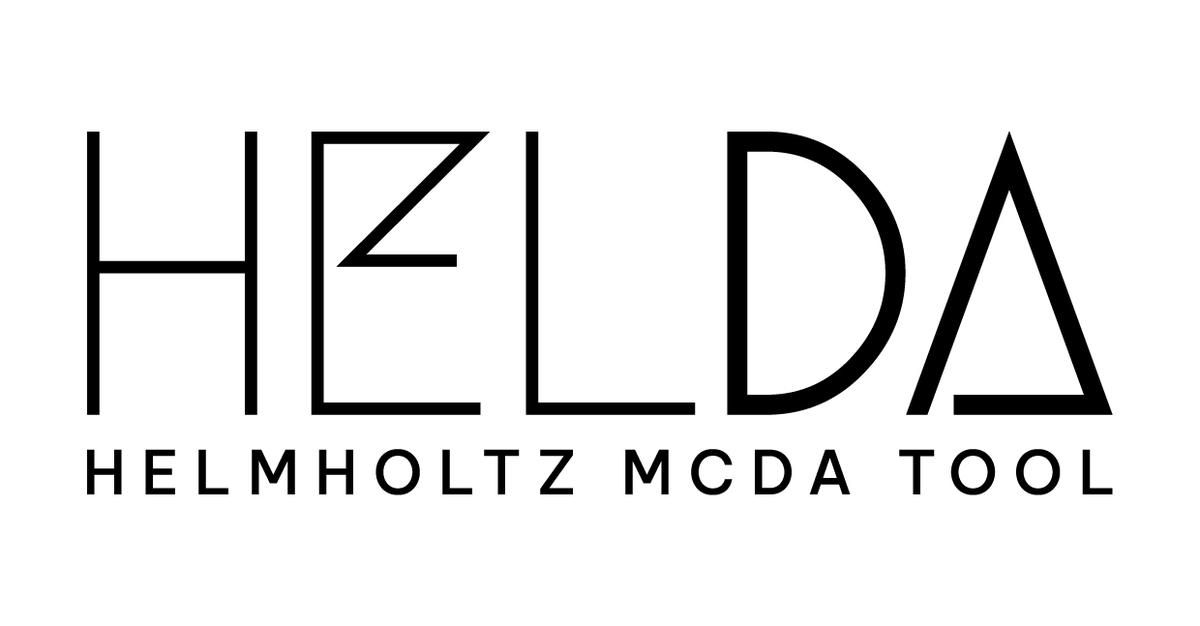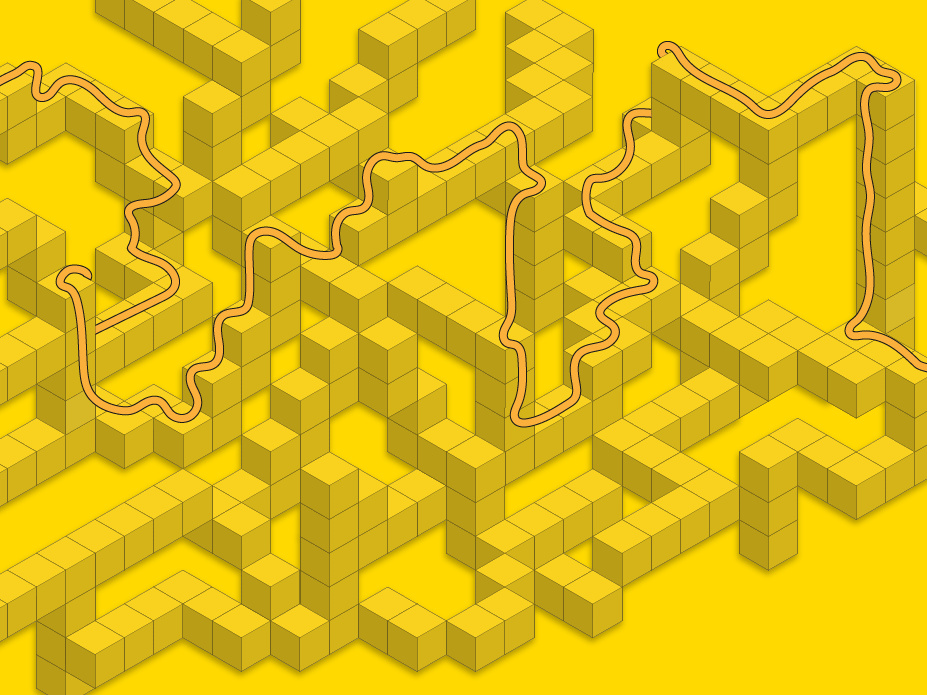Decision analysis tool for a sustainable energy transition
Decision making with regard to the sustainability assessment of energy technologies and systems is complex due to sometimes conflicting objectives such as low cost for the end user, minimum impact on the environment, or maximum acceptance by society. Therefore, scientists and decision makers need to consider economic, environmental, and social criteria at the same time. Multi-criteria decision analysis (MCDA) has the flexibility and ability to organize available information, to consider both qualitative and quantitative criteria simultaneously, and to involve relevant stakeholders in decision-making processes.
HELDA: the MCDA software to support a sustainable energy transition
In order to facilitate MCDA for sustainability assessments, researchers are currently developing the Helmholtz MCDA Tool (HELDA). The software is the result of an ongoing collaboration between ITAS and the Institute for Thermal Energy Technology and Safety (ITES) at KIT. HELDA is a further development of the MCDA Tool KIT, originally created by ITES for nuclear emergency management. It features an updated user interface, additional MCDA methods, and new as well as enhanced graphical representations. In June 2025, a plug-in for interactive stakeholder involvement will be released. This plug-in enables the collection of these stakeholders’ preferences for the selection and weighting of criteria through online surveys, as well as their real-time processing in HELDA. (10.12.2024)
Further information:
- Website of the Helmholtz Working Group on MCDA
- Download of the Helda-software



